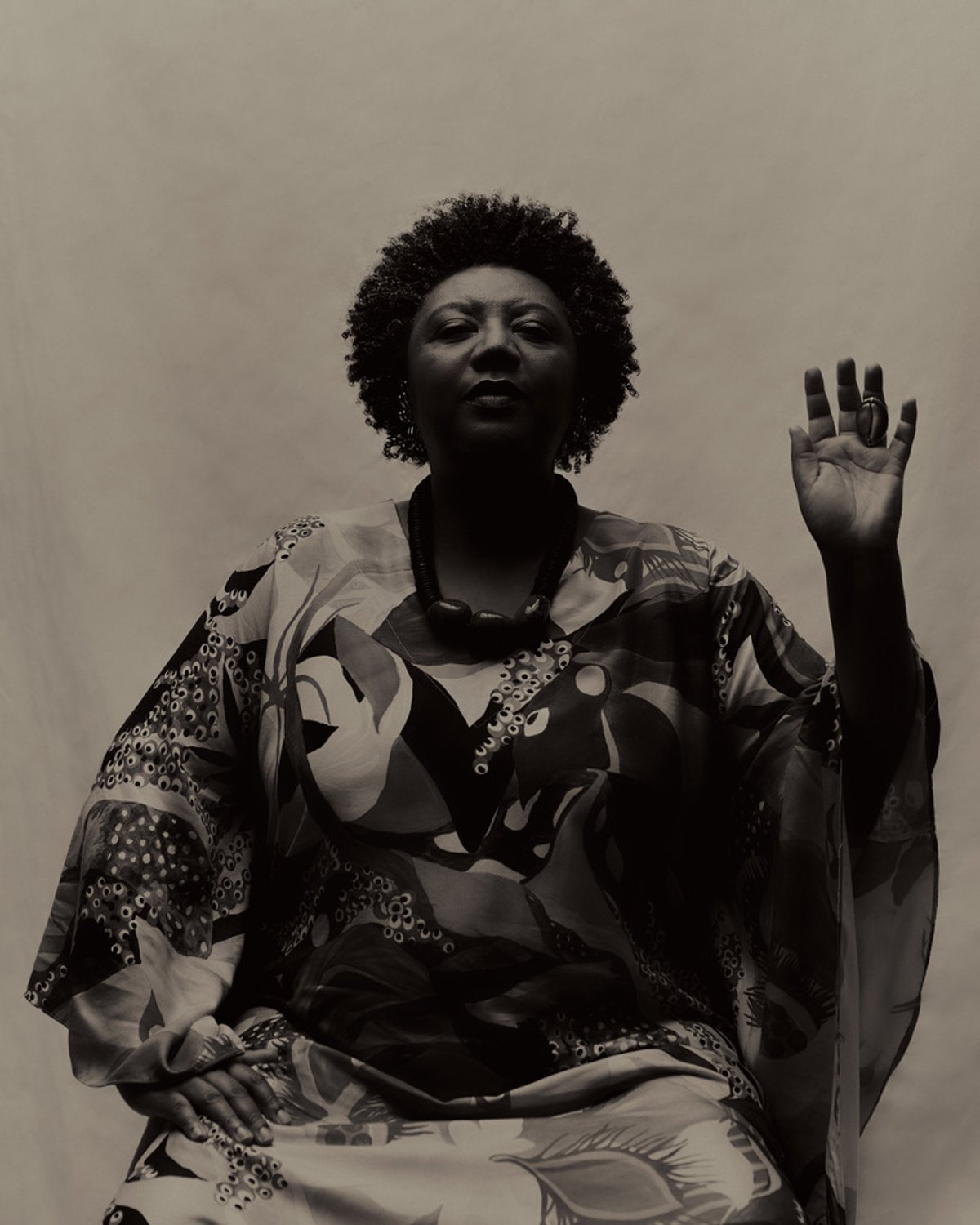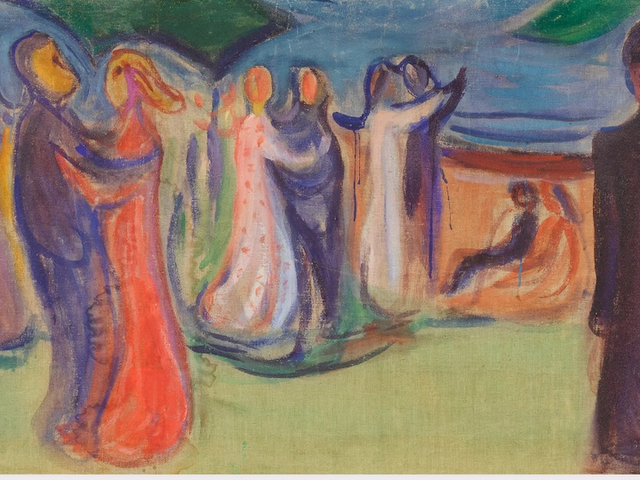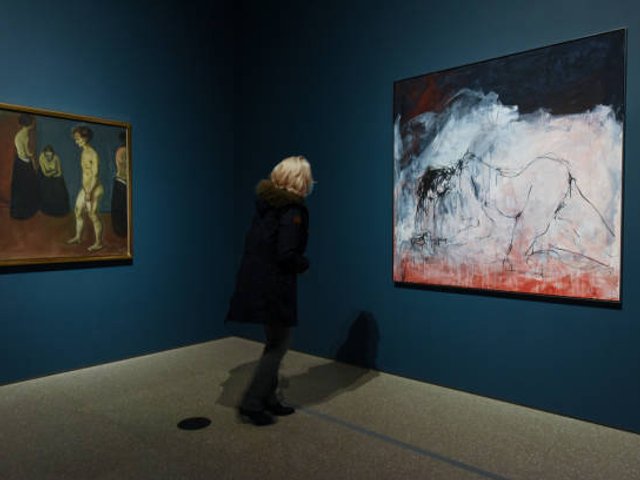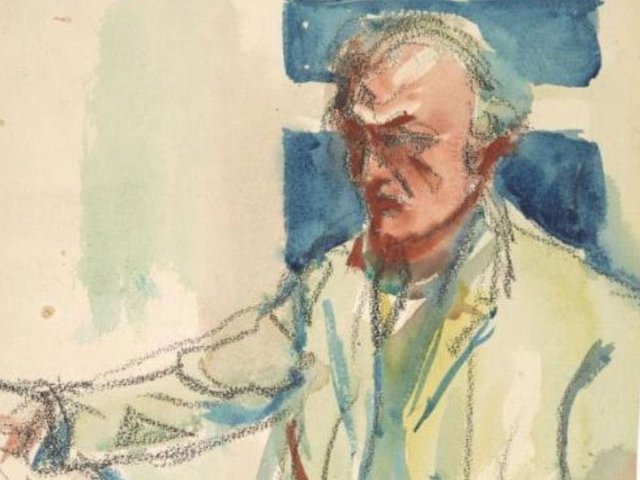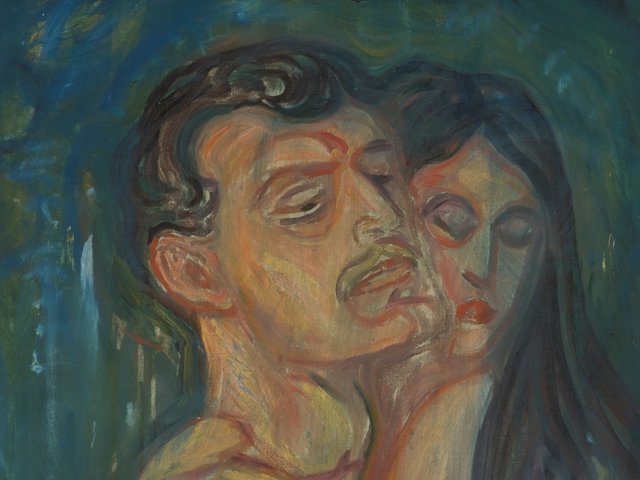The Brazilian artist Rosana Paulino has been named the winner of the inaugural Munch Award. The prize, which celebrates artistic freedom and recognises careers that are distinguished by courage and integrity, sees the artist receive £20,000.
Paulino, who lives and works in São Paulo, explores the history of racial violence in Brazil. Her practice, which spans drawing, embroidery, engraving, printmaking, collage, sculpture and installation, deconstructs the production and dissemination of racist theories that served as justification for European colonialism and the slave trade.
Founded in response to the increasing political and social pressures that artists work under today—including systemic persecution and imprisonment—the award was established by the Munch Museum in Oslo, which houses the largest collection of works by Edvard Munch (1863-1944). The expressionist painter was known in his time as a champion of artistic freedom, experimentation and individual liberation.
The judging panel included Wanda Nanibush, an Anishinaabe-kwe curator and artist; Yvette Mutumba, the co-founder of art magazine Contemporary And; and Tone Hansen, the director of the Munch Museum.
“All over the world, artists face increasing risks when it comes to freedom of expression and freedom of speech,” Hansen says. “For artists, this means a risk of being censored, denied exhibition spaces or even persecution. And for art institutions, we also see a mounting pressure from owners, governments, and other forces to put bonds on artistic freedom and institutions’ free choice of artists and artwork to present.”
Hansen goes on to note the importance of experimentation, and the courage and commitment required for artists to express themselves across political landscapes—even when this comes at a price. “We want to lift those who are at the forefront of today's society and take the risk for us all to be able to participate in an open and democratic society,” she says. “Paulino is doing exactly this.”
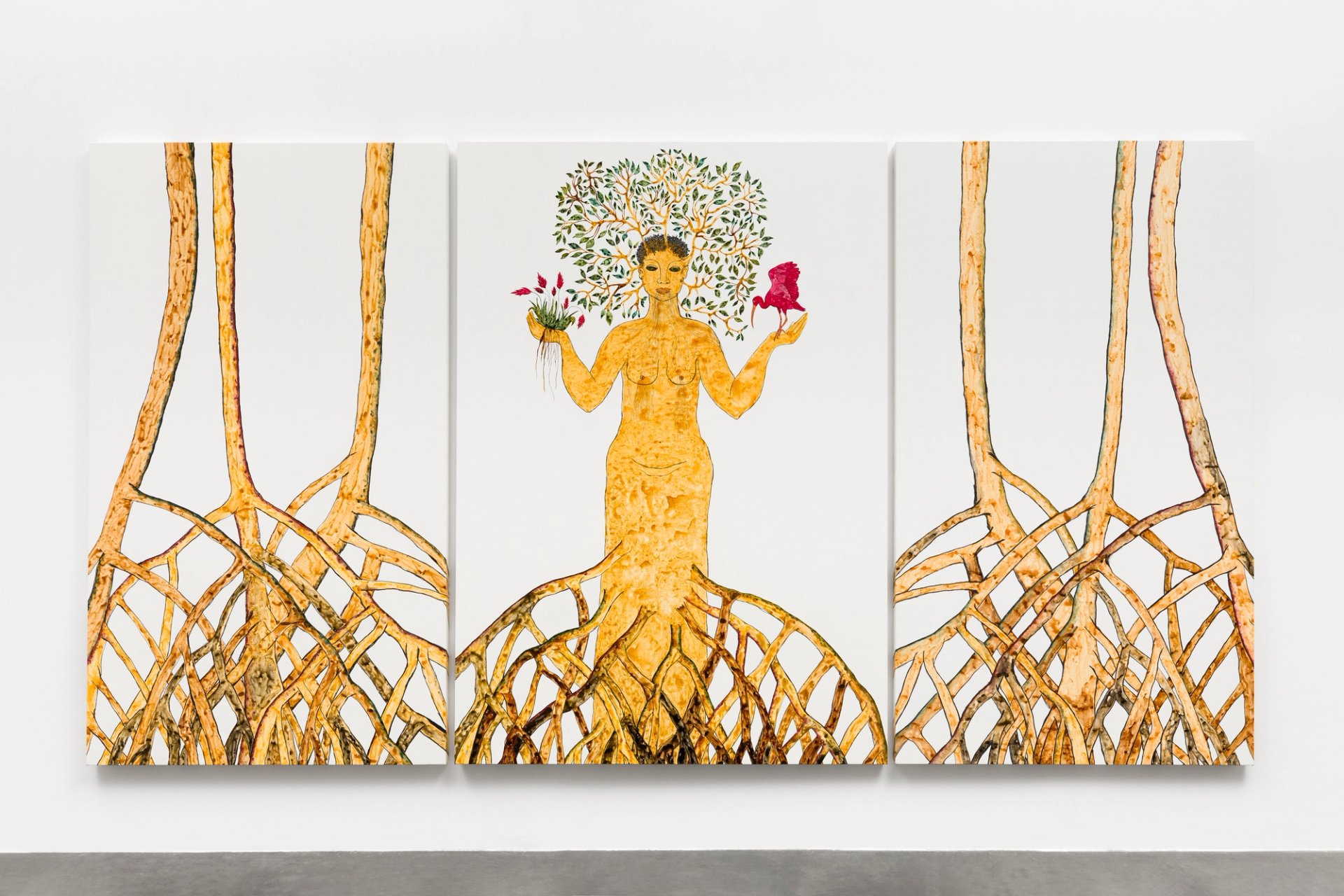
Rosana Paulino's Guará vermelho, Da série mangue (2023). The artist is known for her commitment to Afro-Brazilian communities
Photo: Bruno Leão
Paulino is known for her works on social, ethnic and gender issues, and for her explorations of the impact of memory on psychosocial constructions. In a notable early work, Assentamento(s), the artist recreated a historical image taken by a zoologist of a Black woman in Brazil, giving her agency, a name and a history.
A statement from the Munch Award’s jury commends Paulino for becoming a leading voice of Black feminism, with a steadfast commitment to the struggles of Afro-Brazilian communities: “Rosana Paulino has contributed to some of the most important conversations about art, histories and society in Brazil and beyond. Over the course of several decades, she has radically committed her artistic practice to unpacking the violent histories and continuities of gender and race.”


